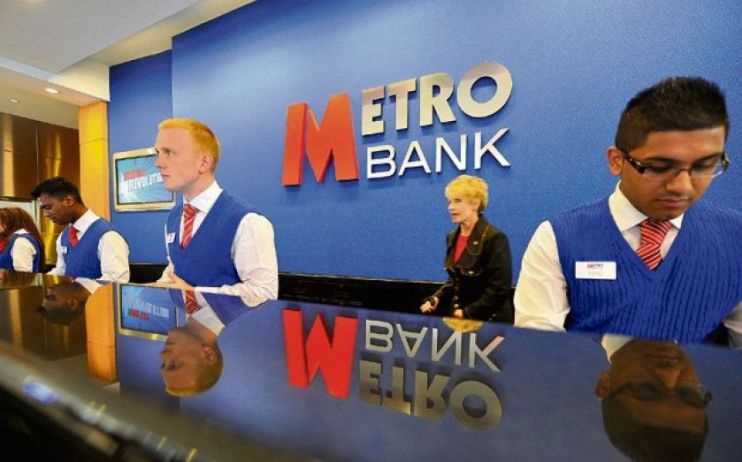Metro Bank reports continued profitability as turnaround efforts slowly bear fruit

Metro Bank recorded its second consecutive quarter of profitability as the bank’s turnaround plans continue to bear fruit.
Although it did not provide details, Metro Bank confirmed in a trading update today it was profitable on a statutory basis in the first quarter of this year.
This comes after the bank reported profitability in the last quarter of 2022, ahead of its schedule, although its pre-tax loss for the year stood in excess of £70m.
Deposits slipped three per cent over the first quarter, which the bank said reflected seasonal factors, such as tax payments in January. However, it had seen net deposit inflows in March and “continued strong account growth.”
The deposit base continues to be predominantly retail and SME with low average balances. It said a “significant majority” of customer deposits were insured.
Chief executive Daniel Frumkin said: “Metro Bank has delivered a second consecutive quarter of underlying profitability and March has been our strongest month of performance since the turnaround commenced.”
“We continued to attract more personal and business accounts, demonstrating the strong appeal of our service-led, community-based model,” Frumkin continued.
Looking forward, Frumkin said he was keeping an eye on potential “macroeconomic headwinds” but said the bank was “confident” in its plan to become a “sustainably profitable growth engine.”
Shares in the London-listed bank were trading over three per cent higher at the time of reporting.
At its launch in 2010, the bank became the first new high street bank to launch in the UK in over 150 years.
But following a period of fast-paced growth, the bank hit financial troubles in 2019, announcing that it did not have sufficient capital to meet certain regulatory requirements.
As a result, it was forced to set out a turnaround plan in February 2020 in a bid to rejuvenate its finances.
The announcement saw shares in the bank plummet to depths from which they have never subsequently recovered – down some 90 per cent since their peak in 2018.